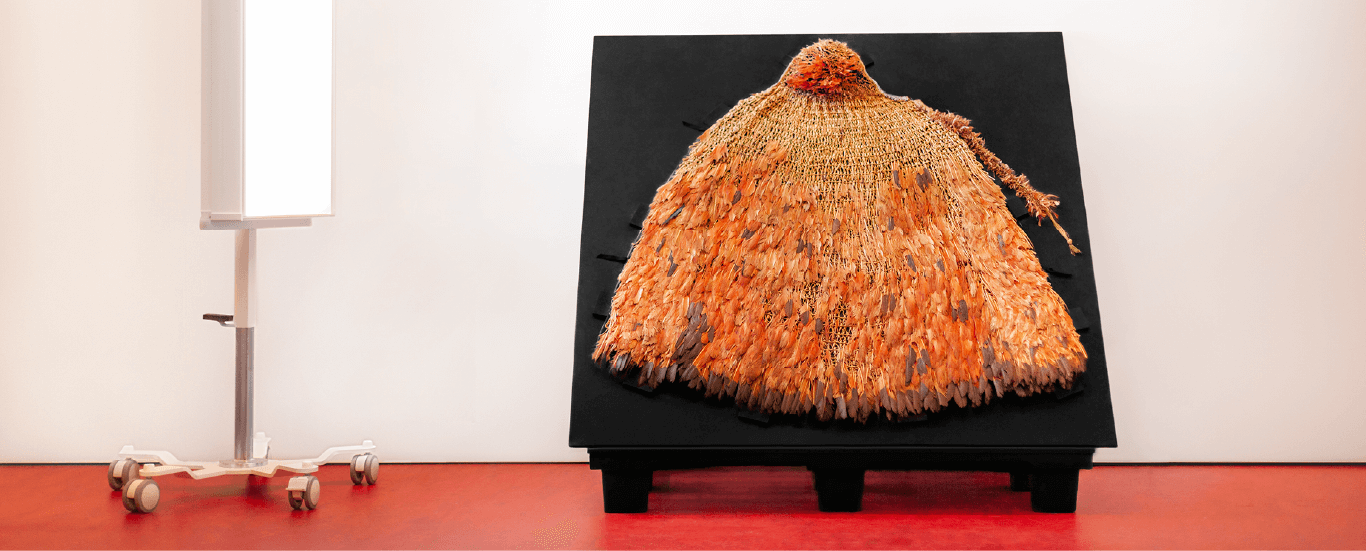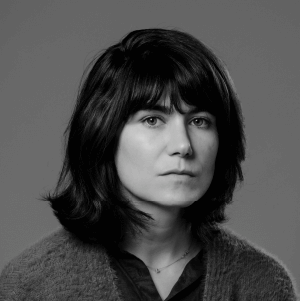SEARCH THE ENTIRE SITE

Seminar "Indigeneity, hybridity, anthropophagy (II)" #6
The 06/01/2022 from 5:30 pm to 7:30 pmLívia Melzi and Eduardo Jorge de Oliveira
The rise in visibility of Indigenous practices in international contemporary art is a major phenomenon in the history of art being written, with the risk, at times, of becoming a simple label. The terms “hybridity” and “anthropophagy” (in reference to Oswald de Andrade’s Cannibalist Manifesto published in 1928) were thus attached to Indigeneity to avoid identity assignments and to question the invention of variable practices and identities, thwarting the categories inherited from colonialism and making it possible to rethink the relationship to nature, territory, humans and other than humans. By giving the floor to researchers and artists, this seminar aims to shift the focus of institutional questions towards those of creative processes, from assigned identities to practices by which the individuals self-identify and invent their relationships to the world.
As a conclusion to the seminar at the Palais de Tokyo for the 2021-2022 period, this session proposes a wandering through the Cannibalist Manifesto and the ritual clothes of the Tupinambá people, dating from the 16th century and which last specimens are kept in seven institutions in Europe. From the Manifesto, Lívia Melzi and Eduardo Jorge de Oliveira revisit other texts, other characters, to weave a thread linking the Tupi cloak present in the Quai Branly Museum storage to exhibitions such as Cartes et Figures de la Terre (Centre Pompidou, 1980), Magiciens de la terre (Grande Halle de la Villette and Centre Pompidou, 1989) and Reclaim the Earth (Palais de Tokyo, 2022), while considering the needs of diplomatic vocabulary and cosmopolitical language. The issue of the restitution of gestures in artistic creation, in dialogue with Indigenous populations, is at the heart of the discussion, held on site and in French.
Co-conception Morgan Labar (Associate Professor, ARTS Department, ENS) and Daria de Beauvais (Senior Curator, Palais de Tokyo). In partnership with the École Normale Supérieure (Paris).


